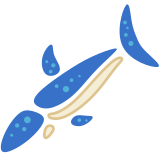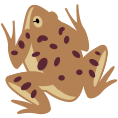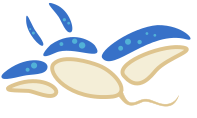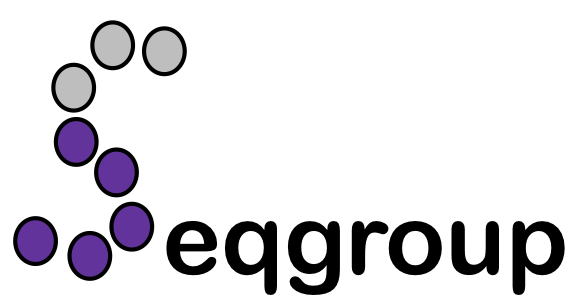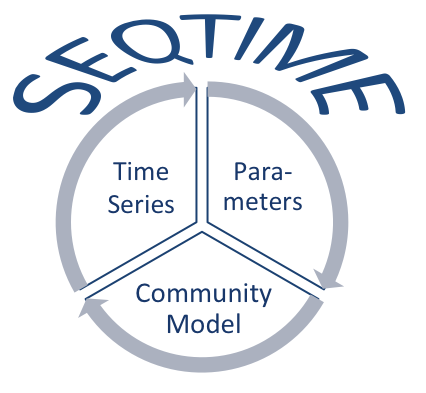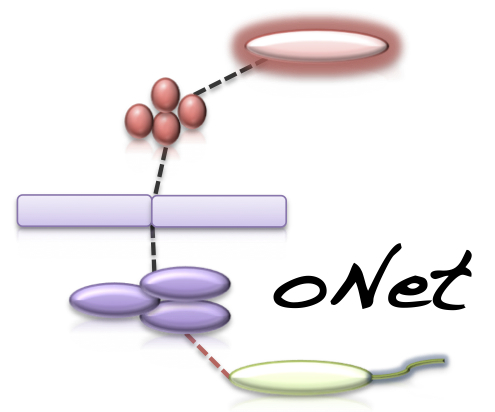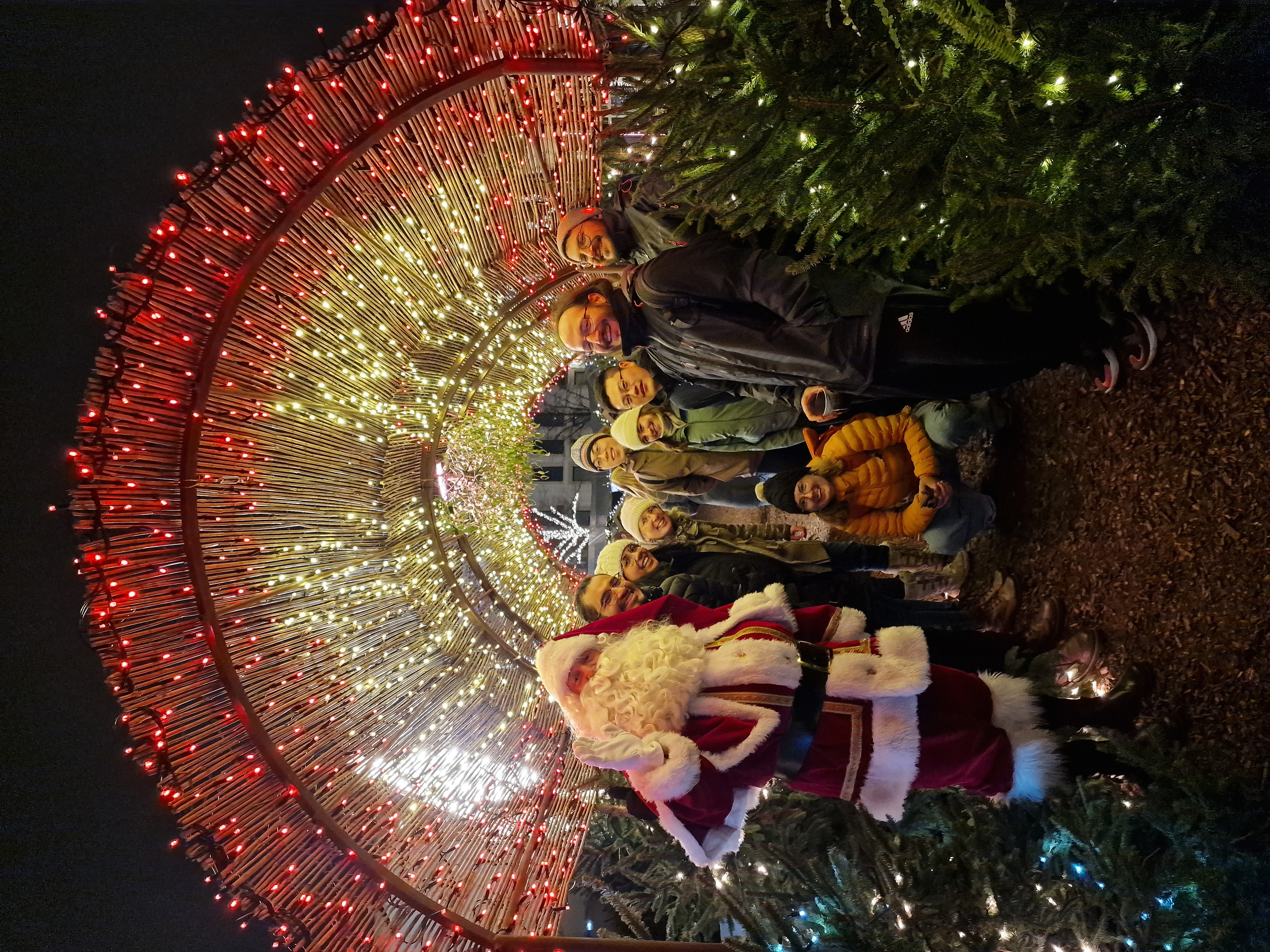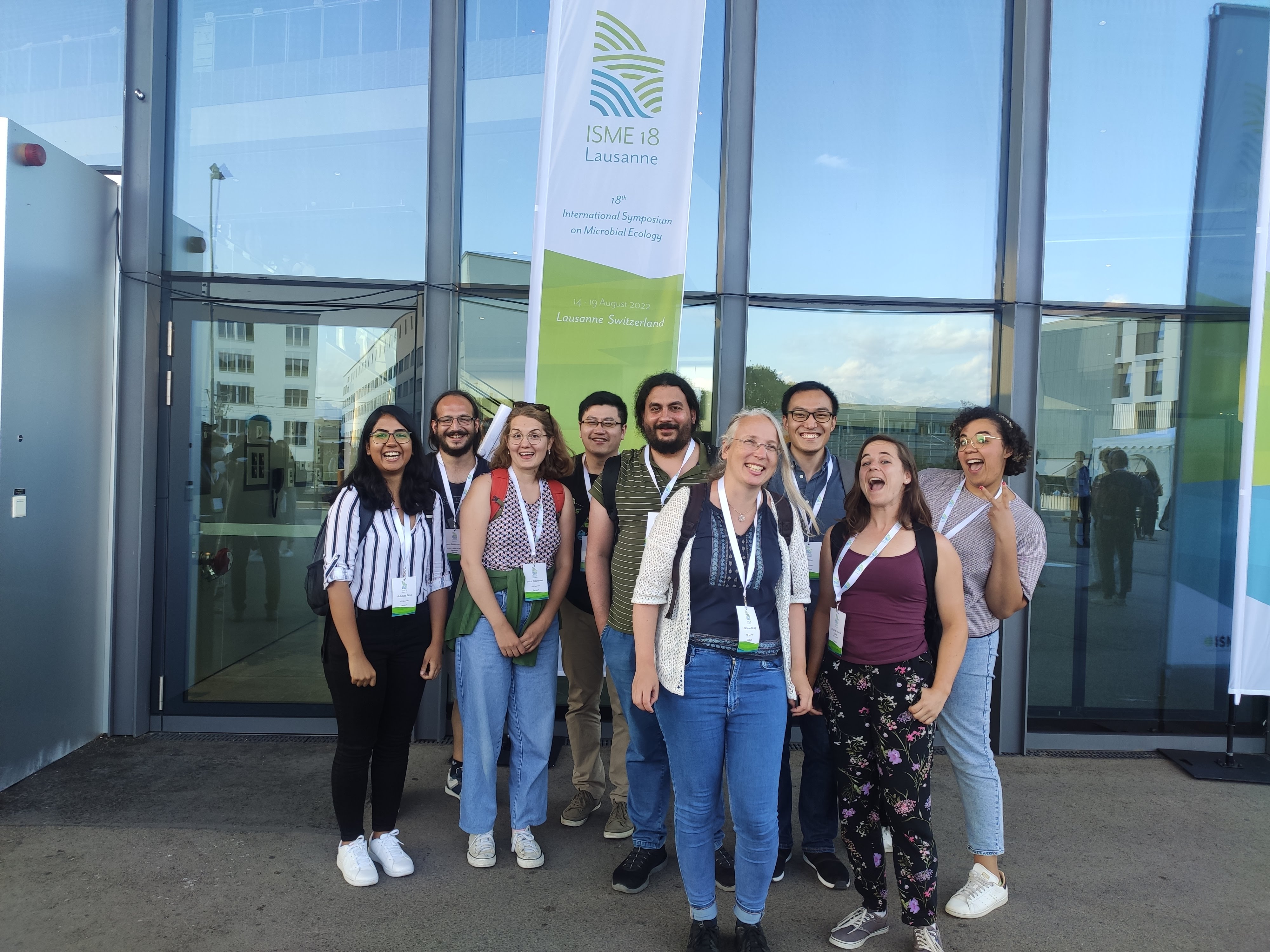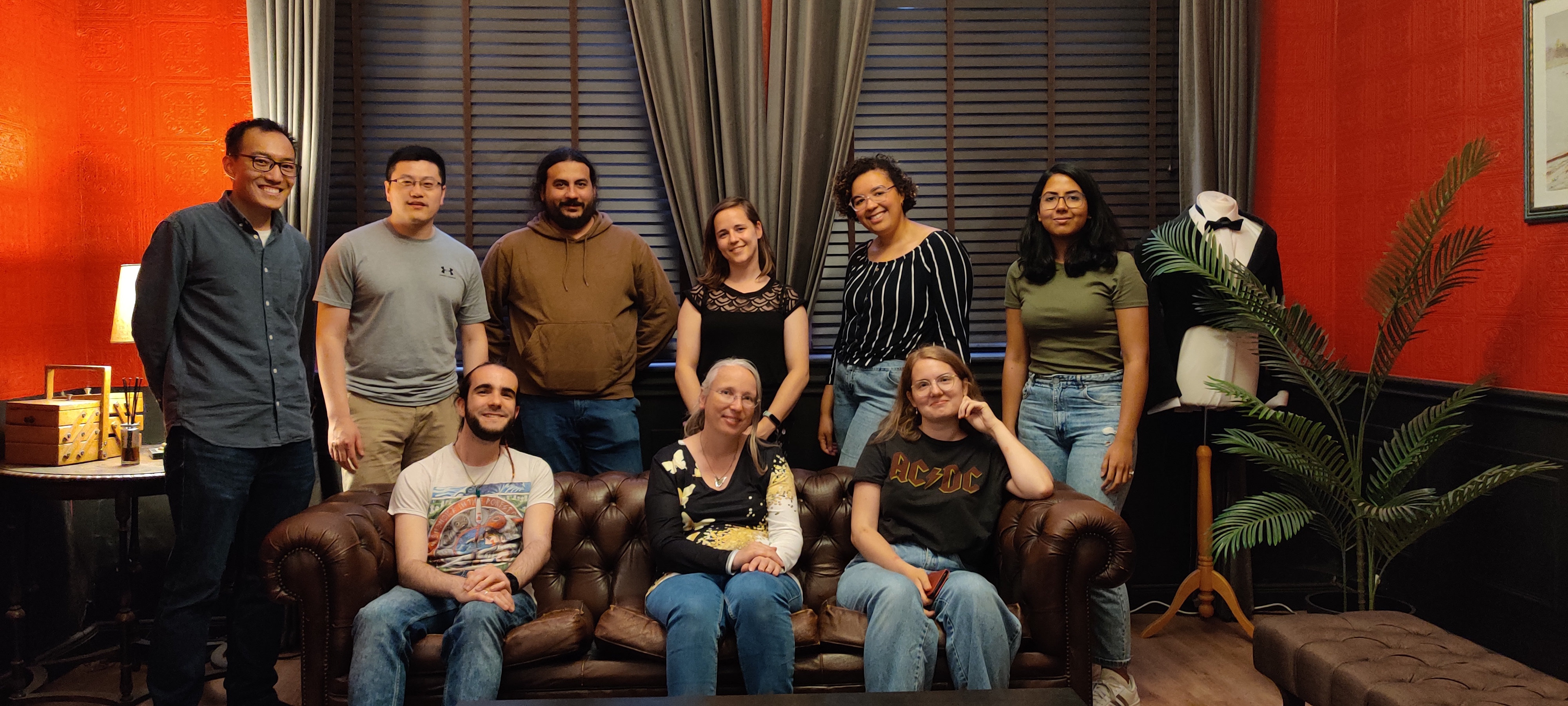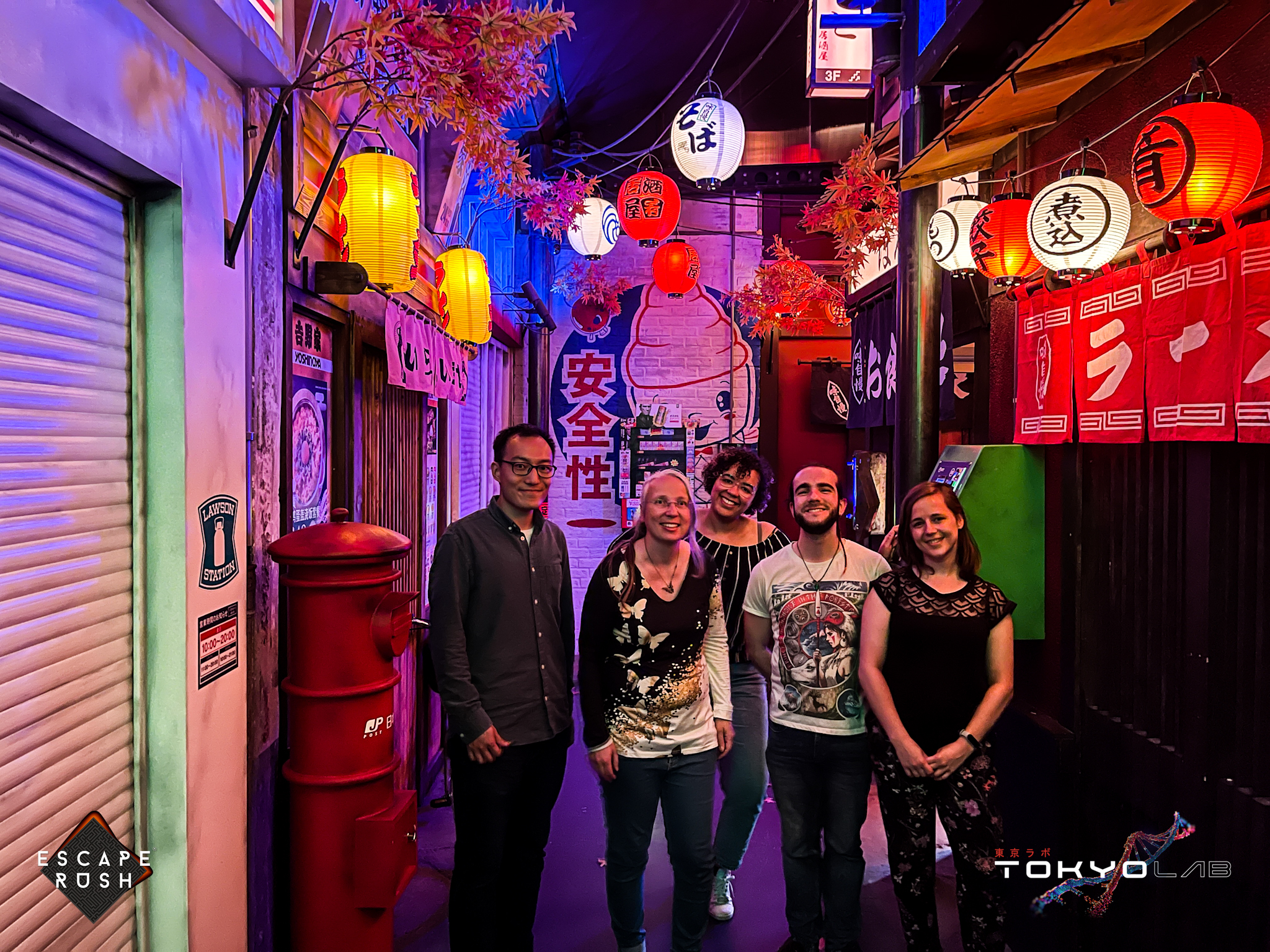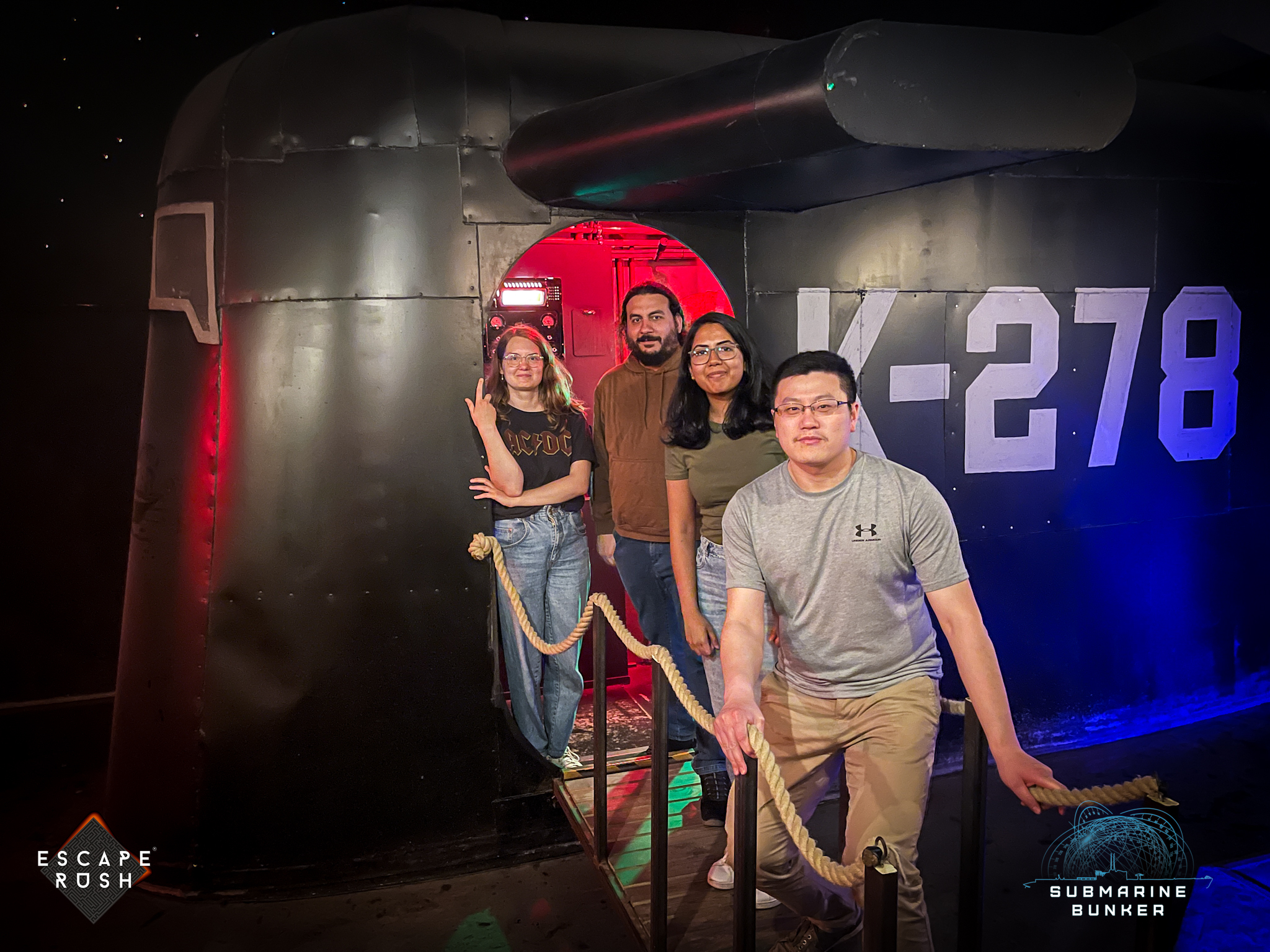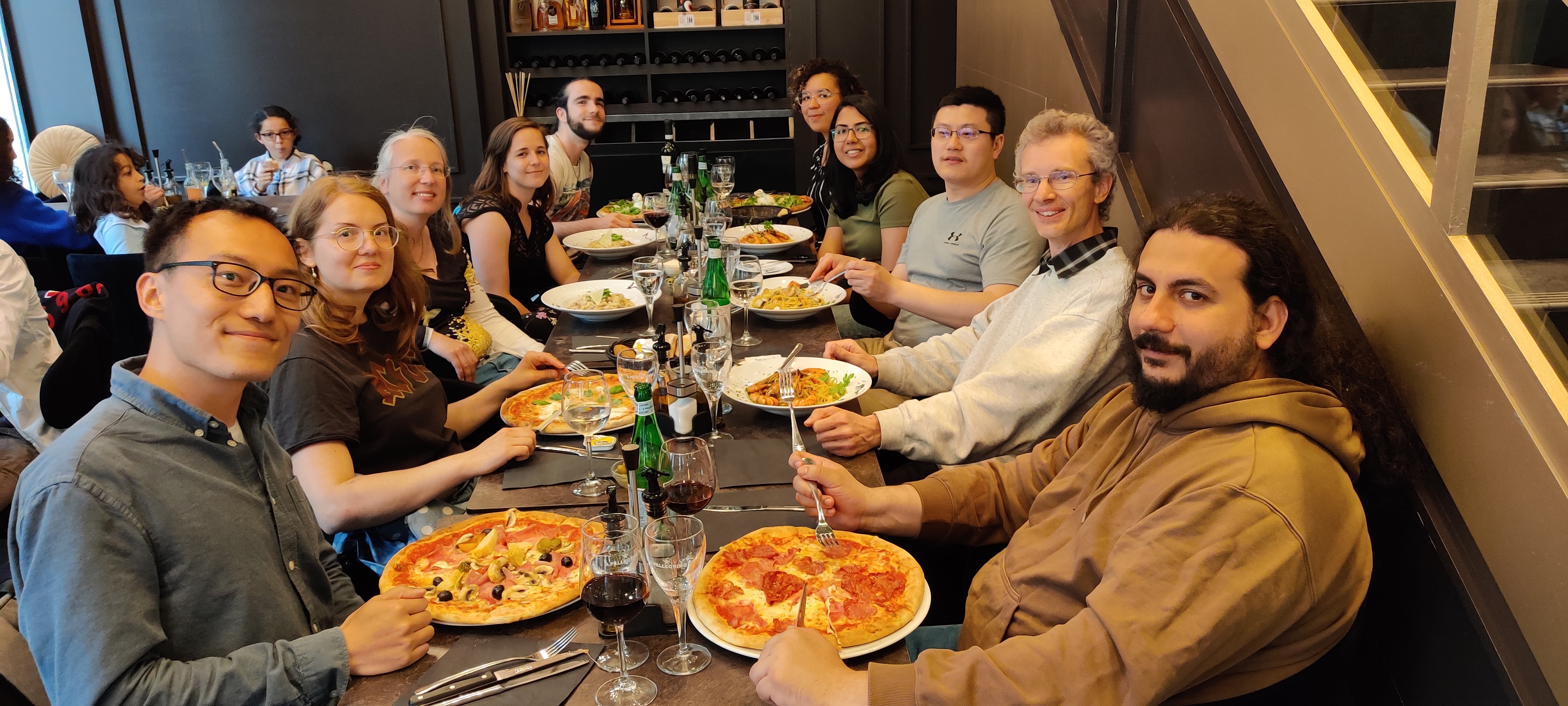Research
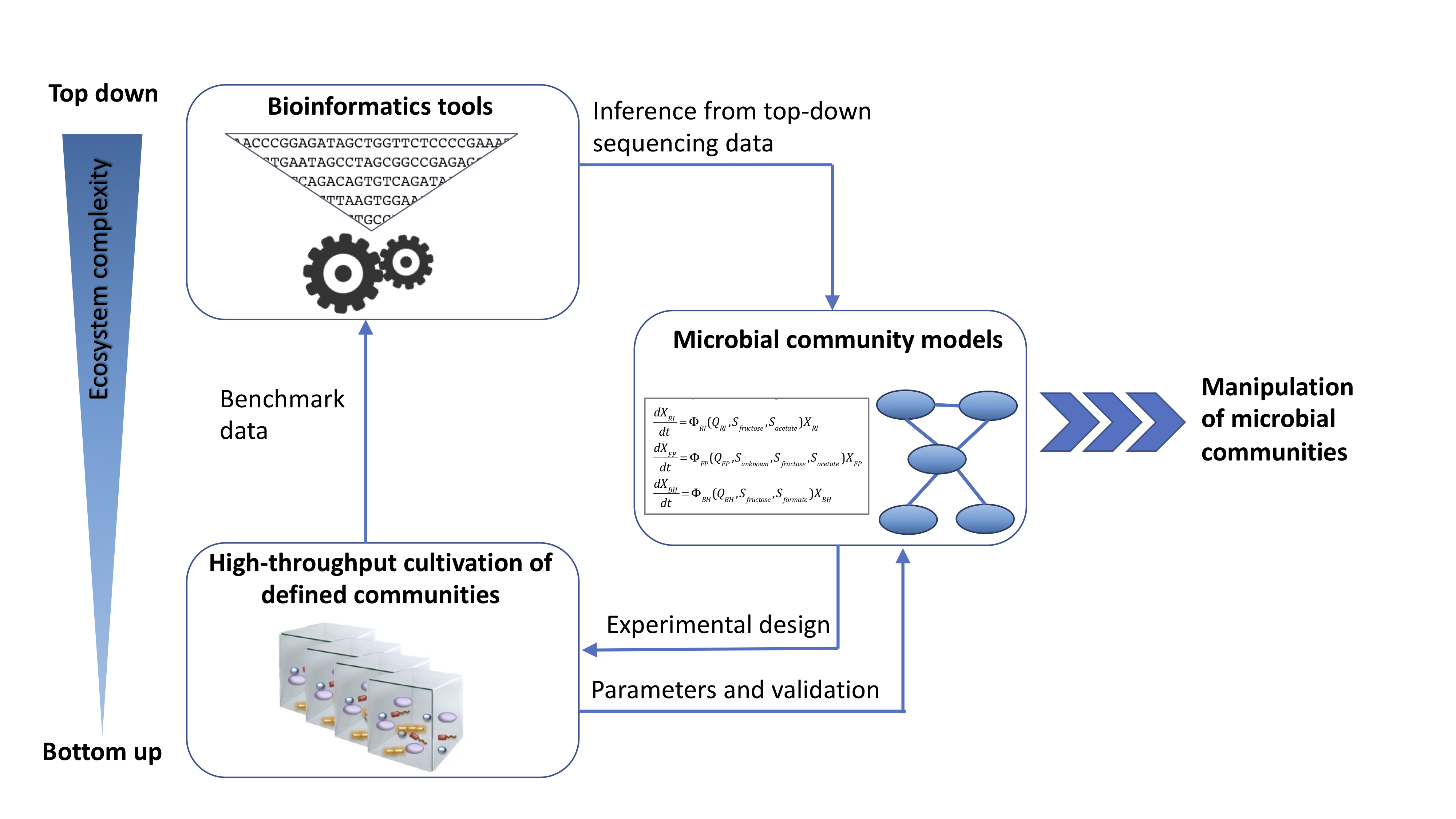
People
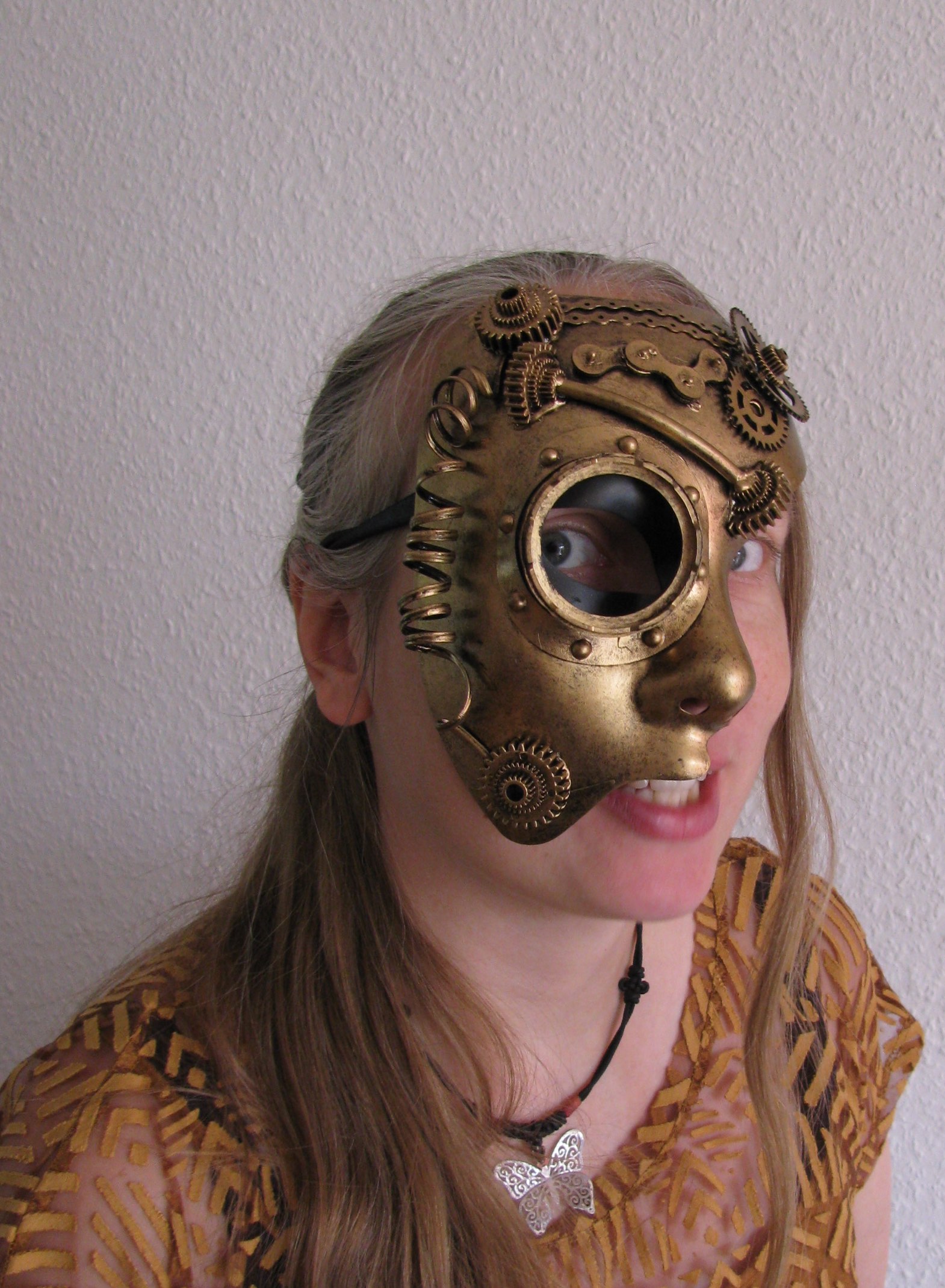
Karoline Faust
PI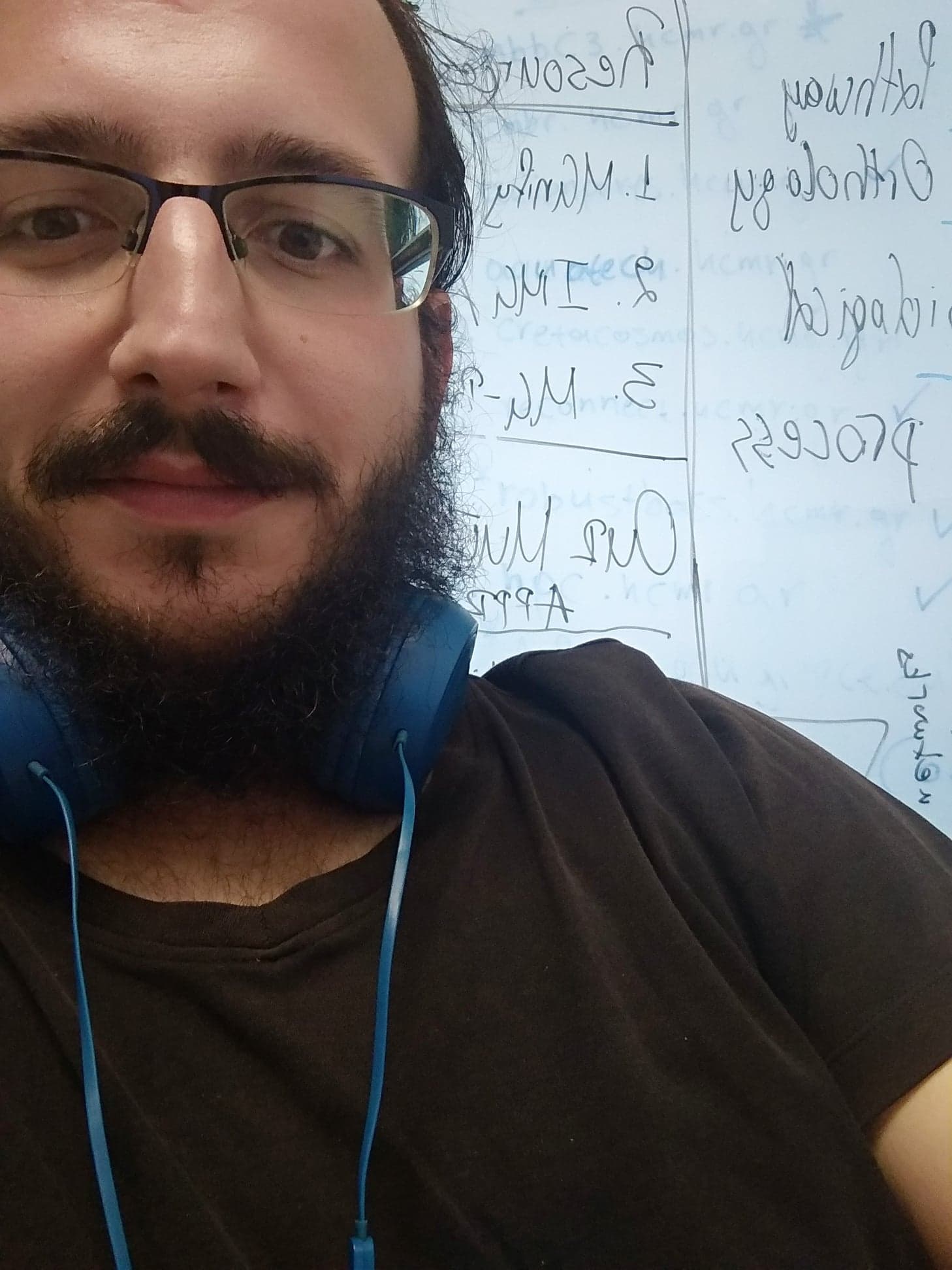
Haris Zafeiropoulos
Postdoc
Gabriela Bravo Ruiseco Sanchez
PhD-level Assistant (AAP)
Anna Greffe
PostdocCo-supervisor: Ellen Decaestecker
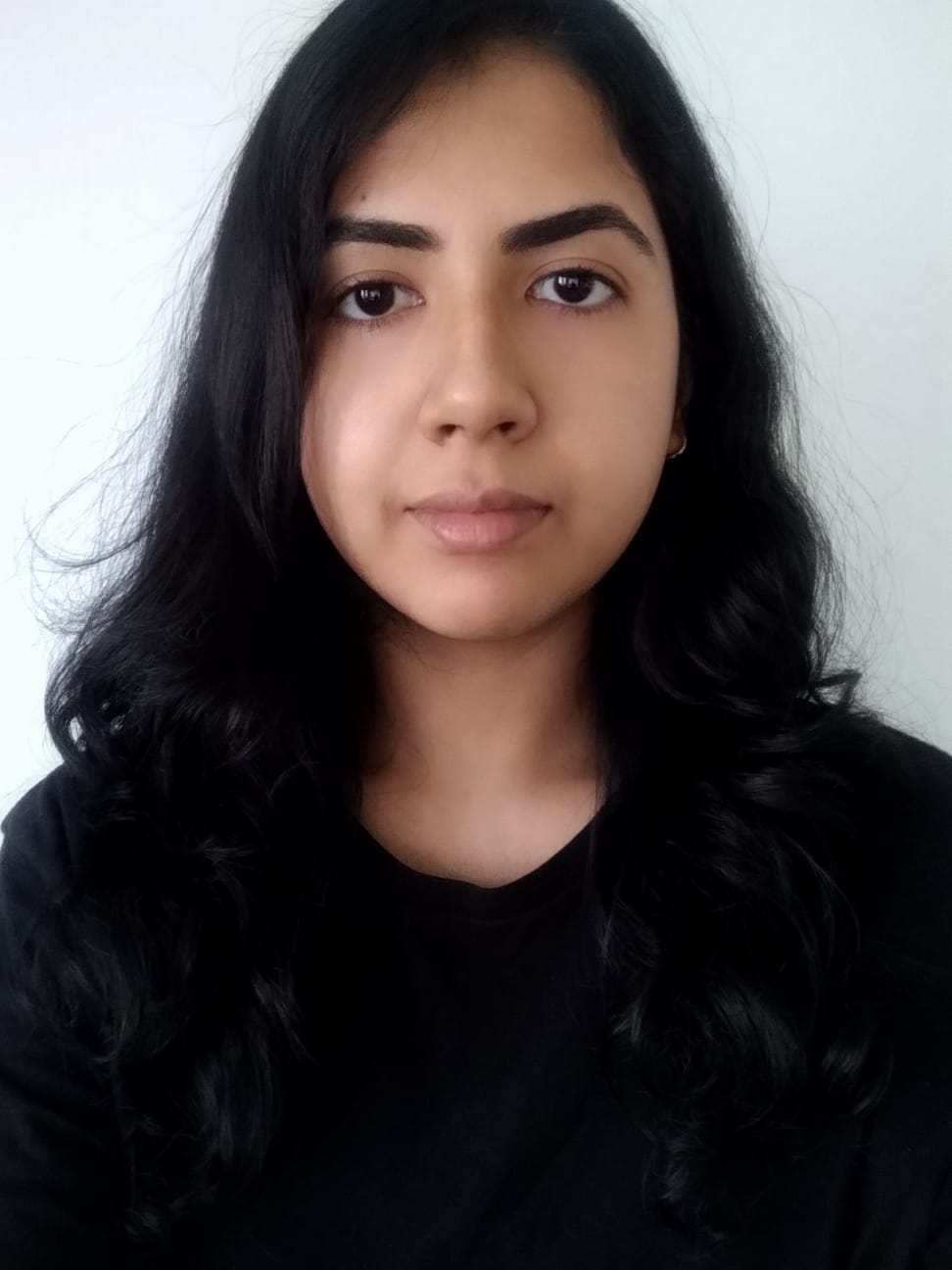
Pallabita Saha
PhD studentCo-supervisor: Kristel Bernaerts
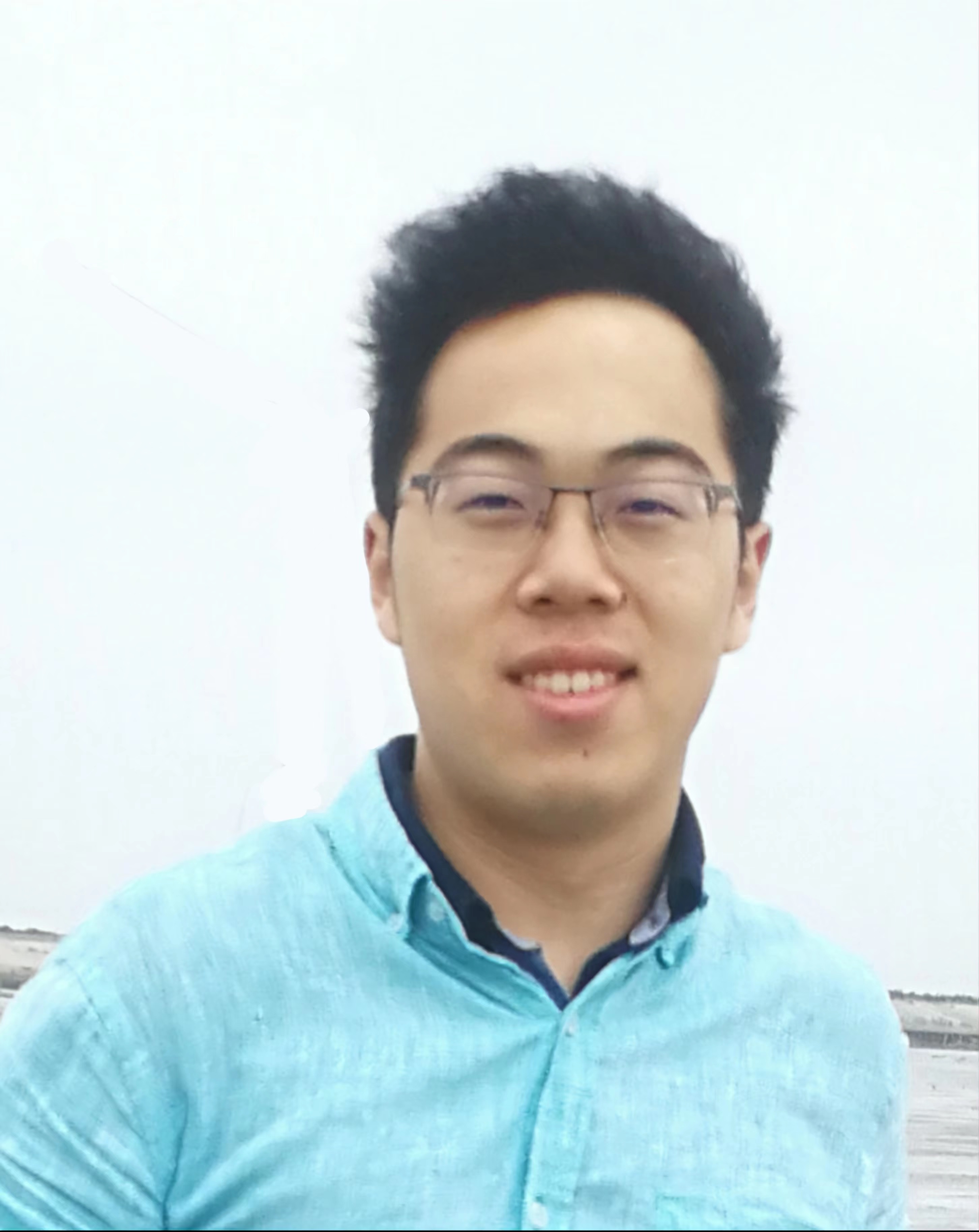
Xingjian Zhou
PhD student
Adedamola Daodu
PhD studentInvolved in HoloGen Doctoral Network
Master students/Visitors
- Yashvita Subramanian (Online internship student, Spring 2026)
- Hanifullah Jan (Visiting PhD student, Spring 2026)
- Ayla Hendrickx (Master student, 2025/2026)
- Tran Thi Hong Nhung (Visiting Master student, 2025/2026)
Alumni
- Wannes Nauwynck (Co-supervised PhD student, 2020-2025, main supervisor: Nico Boon)
- Mei Li (Visiting Postdoc, Autumn 2025)
- Xi Peng (Visiting PhD student, 2024/2025)
- Andrew Radev (Master student, 2024/2025)
- Sourav Pattanaik (Online internship student, Spring 2025)
- Sotiris Touliopoulos (Erasmus student, Spring 2025)
- Charlotte van de Velde (PhD student and research associate, 2018-2025)
- Ermis Ioannis Michail Delopoulos (Master student, 2023/204)
- Sofia Monsalve Duarte (Master student, 2023/204)
- Jasper Snoeks (Master student, 2023/2024)
- Bin Liu (Postdoc, 2021-2024, now at the Chinese Academy of Sciences)
- Eliseo Molina (Visiting PhD student, Autumn/Winter 2023)
- Tinh Van Nguyen (Co-supervised PhD student, 2019-2023, main supervisor: Dirk Springael)
- Mathias Bonal (Co-supervised PhD student, 2017-2023, main supervisor: Isabelle George)
- Daniel Rios Garza (Postdoc, 2020-2023, now at INRAE)
- Clémence Joseph (PhD student, 2019-2023)
- Julia Casado Gomez-Pallete (Master student, 2023)
- Vladislav Vlasov (Master student, 2022)
- Helena Santiago Lima (Visiting PhD student, Autumn/Winter 2022)
- Manuel Anguita Maeso (Visiting PhD student, Autumn 2022)
- Yu Gao (Visiting PhD student, 2021/2022)
- Sam Röttjers (PhD student, 2017-2021, now at Biome Makers)
- Emma Gheysen (Master student, 2021)
- Tine Logghe (Master student, 2021)
- William Roberts-Sengier (Master student, 2020)
- Xinyi Cao (Visiting PhD student, 2020)
- Jule Freudenthal (Online visiting PhD student, Spring 2020)
- Susana Martinez Arbas (Visiting PhD student, Autumn 2017)
- Leandro Nascimento Lemos (Visiting PhD student, Autumn 2017)
- Lyu Su (Visiting PhD student, Autumn 2017)
- Ina Deutschmann (Visiting PhD student, Spring 2017)
- Hajar Fauzan Ahmad (Visiting PhD student, Spring 2017)
- Nguyen Thi Loan Anh (Visiting Postdoc, 2017)
- Eduardo Pérez Valera (Visiting PhD student, 2014/2015)
- Aria Hahn (Visiting PhD student, 2014/2015)
Publications
Tool Development
If these tools are of use to you, please consider supporting our research.
PlasticEnz
Plastizyme detection (database and tools for metagenomic data screening)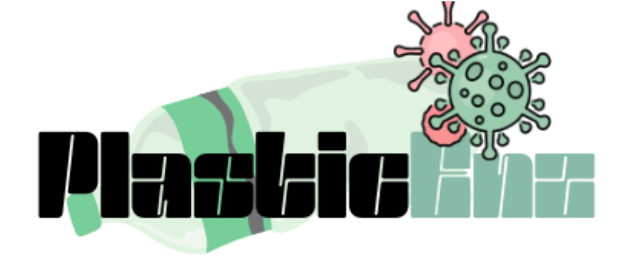
μGrowthDB
Microbial growth curve database
microbetag
Microbial network annotation
miaSim
Simulation of microbial community dynamics (R package in the miaverse)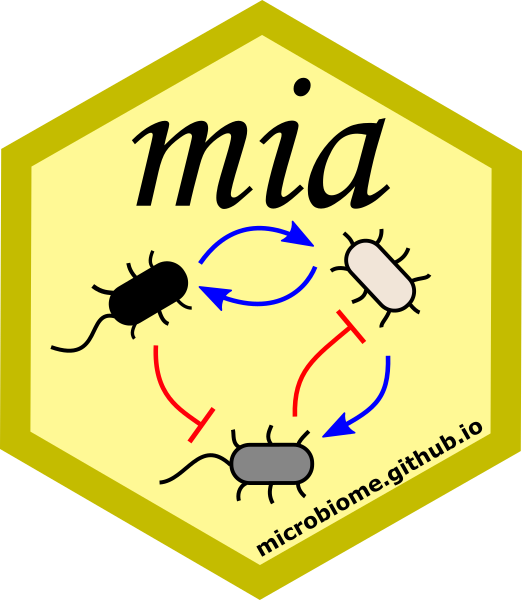
CellScanner
Flow cytometry data analysis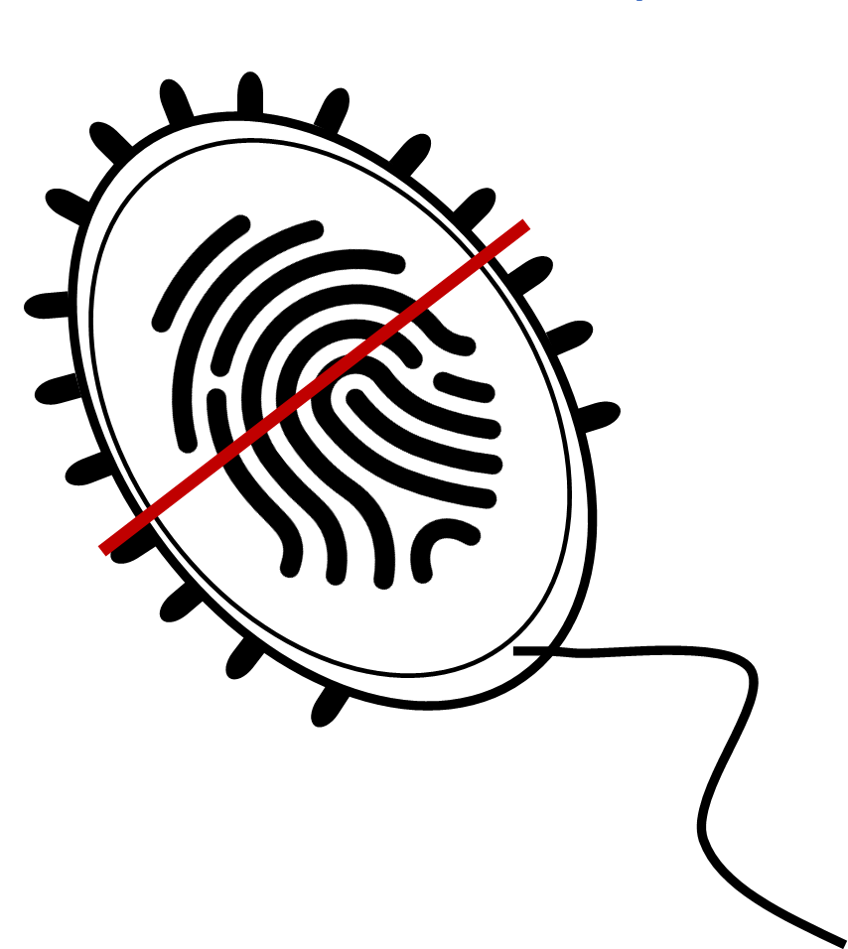
Teaching
- Contribution to "Hot Topics in Microbiology" (B-KUL-E05N6A)
- Contribution to "Advanced Microbiology" (B-KUL-E05N5A)
- EMBO course: Inference and analysis of microbial networks from sequencing data
- MOOC: How to analyse a microbiome?
- Tutorial on microbial association network construction and analysis
- Contribution to "Omics Techniques and Data Analysis" (B-KUL-I0V62a)
- Contribution to "Modeling dynamical systems in biology" (BINF-F404)
- Lecture: Structure and dynamics of microbial communities
Events
Upcoming events
Past events
Below are pictures from our lab events.- Mini-Symposium: Aquatic Microbiomes in a polluted world (2nd Oct 2025)
- Summer school on Data integration with Microbial Networks and Community Models (24-25th Sep 2025)
- Lab day: city escape game & bowling (20th January 2025)
- Summer School on Microbial Community Design and Control (11-13th Sep 2023)
- Lab day (25th May 2022)
- School on Microbial Time Series Analysis (2nd-4th Nov 2021)
- Summer School on Microbial Community Modeling (16-18 Sep 2019)
- Dynamics of Biological Systems (2-4 May 2018)
Session on Microbial Systems Biology - Netherlands Annual Ecology Meeting (13-14 Feb 2018)
Session on Microbial Ecology: Community composition and dynamics - Summer School on Ecological Network Inference And Analysis (11-13 Sep 2017)
Guest speakers
- Justyna Wolinska "The influence of nanoplastic pollution on plankton diseases, and its implications for aquatic ecosystem functioning" (2nd Oct 2025, defence Anna)
- Maarten Langen "An introduction to deep learning for protein analysis" (1st April 2025)
- Lucas Böttcher "Simulation and control of high-dimensional dynamical systems" (29th January 2025, online)
- Clémence Frioux "Exploration of microbial ecosystems: from compositional patterns to metabolic models" (4th July 2023, defence Clémence)
- Adama Ouattara "Democratizing Biotech 4.0 using Constellab™: From global data federation to bioprocess optimization using digital twins" (4th July 2023, defence Clémence)
- Almut Heinken "The AGORA2 resource and its applications for modeling the human microbiome" (21st June 2023)
- Research seminar by Aurore Woller (4th May 2023)
- Susann Müller "Stabilising microbial communities by looped mass transfer" (27th February 2023, defence Charlotte)
- Gail Rosen "Discovery of Microbial Community Structure and Interactions through Machine Learning" (29th June 2022)
- Christian von Mering "STRING and MicrobeAtlas - new developments for microbiologists" (26th October 2021, defence Sam)
- Modeling microbial ecology series - Hilje Doekes (17th August 2021, online)
- Modeling microbial ecology series - Veronika Dubinkina (6th April 2021, online)
- Research seminar by Christoph Ratzke (15th December 2020, online)
- Maxime Fajgenblat "Modelling adaptational regime shifts in populations using spatially and genetically explicit Lotka-Volterra models" (6th October 2020)
- Bin Ma "Exploring Soil Microbiomes from a Network Perspective" (17th June 2019)
- Hein Sprong "Eco-epidemiology of Lyme borreliosis" (29th June 2018)
Support our research

Please click here for more information or scan the QR code below to make a donation.

Help us better understand our gut microbes
Our gut is home to an intricate ecosystem of trillions of microbes, known as the gut microbiome. These microbes play essential roles in our health - helping to digest food, producing essential vitamins, and protecting us from pathogens. The composition of the gut microbiome often changes in gastrointestinal diseases such as inflammatory bowel disease (IBD). This has inspired researchers to explore whether treating these microbes directly could help manage or even cure some of these gut-related diseases. But despite intensive research efforts, only very few microbiome-based treatments have been officially approved as drugs to date. One major challenge is that we still don’t know much about these microbes - what they eat, which conditions they thrive in, how they interact with one another, and how they coexist in our bodies. Studying them is challenging, since gut microbes don't like oxygen and thus have to be grown in a special environment with a controlled atmosphere. In our lab, we combine microbiology with systems biology and bioinformatics to understand how gut microbes make a living, how they interact and how they respond to antibiotics and probiotic species. Such fundamental research is essential but notoriously difficult to fund, making every contribution valuable to advancing our understanding.
Vacancies
Spontaneous applications
If you are interested to join the lab as a PhD student or postdoctoral researcher or as a visiting student, please send your CV and motivation letter to: karoline.faust(at)kuleuven.be
Available positions
Currently no position available.
Contact
Address
|
Laboratory of Molecular Bacteriology Department of Microbiology, Immunology and Transplantation (Rega Institute) KU Leuven Rega institute, 7th floor (Room 7.B142) Bus: 1028 Campus Gasthuisberg Herestraat 49 3000 Leuven Belgium |
karoline.faust(at)kuleuven.be
Phone
+32-16-322698




